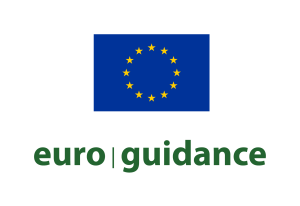Optional additional material
Completion requirements
1. Module 1: Optional additional material
- Hidden Competences is a research project carried out in cooperation with the Nordic think tank Demos Helsinki. The Hidden Competences report was published based on the results of a survey carried out in the project, after which the Recognise Your International Competences tools and materials were developed on the basis of the report.
- The ILO has prepared a set of Recommendations on strengthening skills recognition systems, as countries seek strategies to enhance the employability of workers and the productivity of enterprises. The ILO conducted extensive research and case study analysis of the potential. It guides the reader through the processes: conducting a needs analysis; securing stakeholder support; making the system work; raising awareness; and measuring output and impact. It highlights key challenges, expectations of users and financing among other important issues.
- For an overview of the benefits to skills, employability and learning gained through Erasmus+ Higher education mobility see the Erasmus+ Higher Education Impact Study
- The OECD’s Observer deals with skills development in times of rapid globalisation. This has put new demands on education and training systems around the world, because in this new wave of globalisation, education and skills will be key, in particular those skills that emphasise flexibility and the ability to cope with change.
- A few years ago, the Nordic/Baltic Euroguidance network published the booklet Open the door to the world - Views on Mobility Guidance from up North. It gives a good overview over different aspects of guidance for mobility and serves as a first introduction to the concept.
- OECD Skills Outlook 2017: Skills and Global Value Chains. This publication shows that by investing in the skills of their populations, countries can help ensure that their participation in global markets translates into better economic and social outcomes.
- Norwegian Erasmus + promotional video featuring four teachers from different education sectors. They emphasise how the Erasmus + programme facilitates exploring, sharing experiences, learning from each other, and solving global challenges together. (In Norwegian and English with English subtitles):
**
